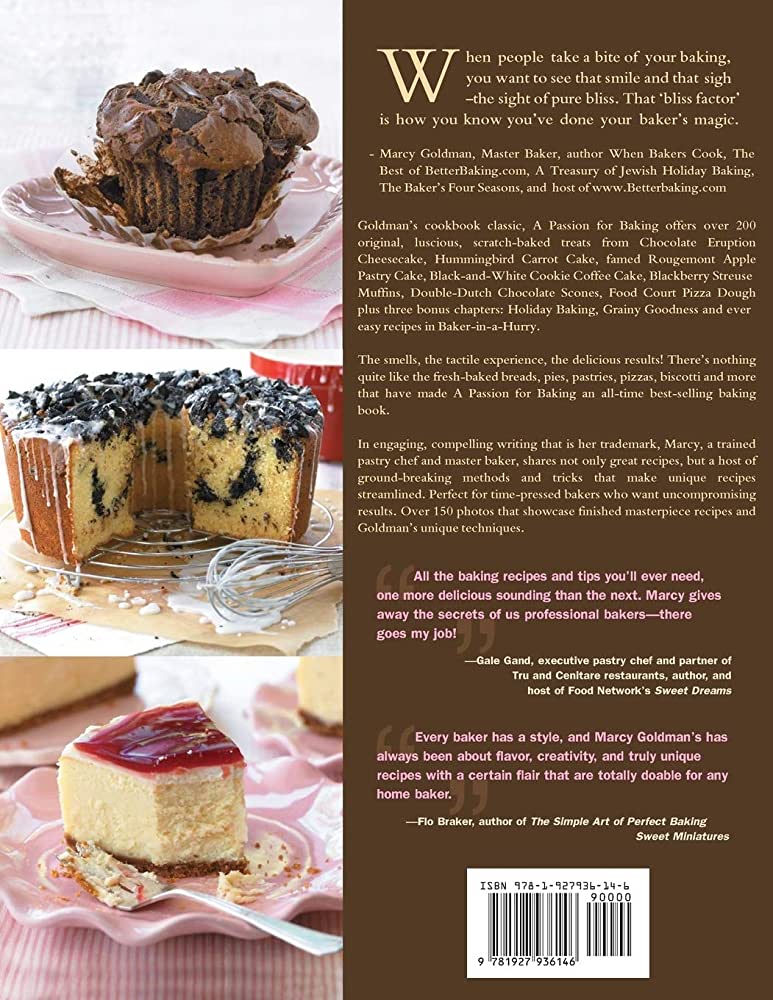Mastering the art of baking can be challenging, but with the right equipment, ingredients, and techniques, it can be rewarding and enjoyable. Having the right tools, including a mixer, measuring cups, baking sheets, and an oven thermometer, is crucial. Using fresh ingredients and following recipes closely, including proper kneading and mixing techniques, are also essential. Additionally, baking time and temperature must be correct, and proper cooling and storing are important. Don’t be discouraged by failed recipes, as practice makes perfect in baking. With patience, consistency, and attention to detail, anyone can become a master baker.
Mastering the Art of Baking: Tips and Techniques for Perfect Results Every Time
Introduction
Baking is an amazing art that intrigues people of all ages. It involves combining ingredients to create a delicious product that brings joy and happiness. However, as much as it can be exciting, baking can also be challenging. Beginners often struggle with getting the perfect results every time, which can discourage them from pursuing baking.
Essential Equipment
To become a master baker, you need the right tools. These include a mixer, measuring cups and spoons, baking sheets, cake pans, and an oven thermometer. The mixer is particularly vital for making batter and kneading dough with ease. Measuring cups and spoons help ensure you use the correct amount of ingredients. Baking sheets come in a variety of materials, but aluminum is the most recommended. Remember to always preheat your oven and use an oven thermometer to verify the temperature.
Perfect Ingredients
Baking will not work if you don’t have the right ingredients or you use too much, too little, or super expired ingredients. This leads to flat, burned, or undercooked products. Ingredients like flour, sugar, and baking powder, and baking soda should always be fresh. When measuring flour, it should be lightly spooned into the measuring cup and leveled off. Scrape sticky ingredients like honey or molasses out of your measuring cup to get accurate amounts.
Following Recipes
Recipes are the guides to perfect baking, and you must follow them closely. Before starting, read through the recipe and make sure you have all the required ingredients and equipment. Many recipes require ingredients to be at specific temperatures or measurements, and disregarding these instructions can result in a failed recipe. The method and order of adding ingredients in recipes are also essential, and altering them can change the final product.
Kneading and Mixing Techniques
Kneading and mixing techniques are equally important as having the right ingredients and equipment. Certain products like bread require kneading to develop the gluten, which provides structure and texture. To knead, press the dough away from you, then fold it in half and press it away again. Repeat this for a period and notice how the dough becomes perfect. In mixing, pay attention to the speed and duration. Slow speed helps combine the ingredients, while high speed is perfect for whipping cream or egg whites.
Baking Time and Temperature
When the baking time and temperature aren’t right, then the final product can be disappointing. Every recipe has specified baking times and temperatures that you must adhere to. If your oven is too hot or cold, adjust it using an oven thermometer or by following the recipe’s instructions. When baking, it’s important to avoid opening the oven frequently as this can lower the temperature and cause uneven baking.
Cooling and Storing
Cooling and storing baked goods are the final stages of baking. Achieving the perfect texture and preserving the freshness of your baked goods requires proper cooling and storing. Remove the baking pan from the oven and allow it to cool before slicing. Cakes and pastries should cool completely before decorating or storing. Some baked goods like bread, should be wrapped in plastic to protect them from becoming stale.
Conclusion
In conclusion, mastering the art of baking is a journey that requires patience, consistency, and attention to detail. With the right equipment, ingredients, and techniques, baking can be rewarding and enjoyable. Finally, don’t be discouraged by a failed recipe. Use it as a learning opportunity and try again. Keep exploring, refining your skills, and adding new recipes to your repertoire. Practice makes perfect in baking.
